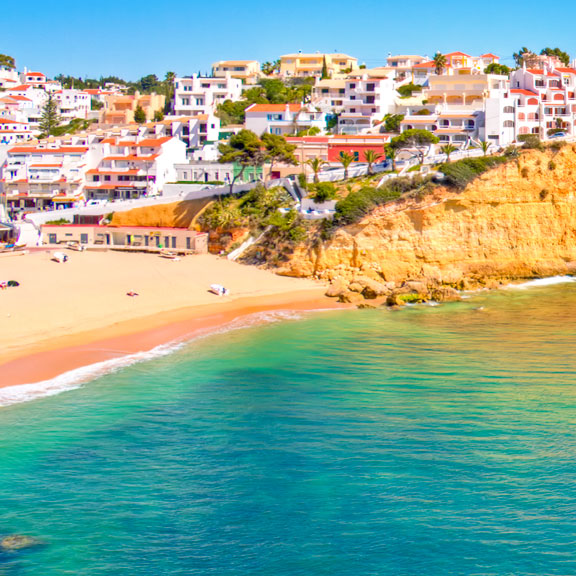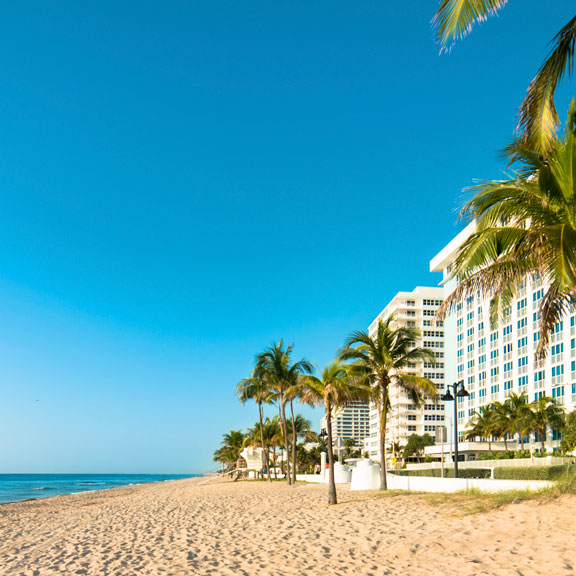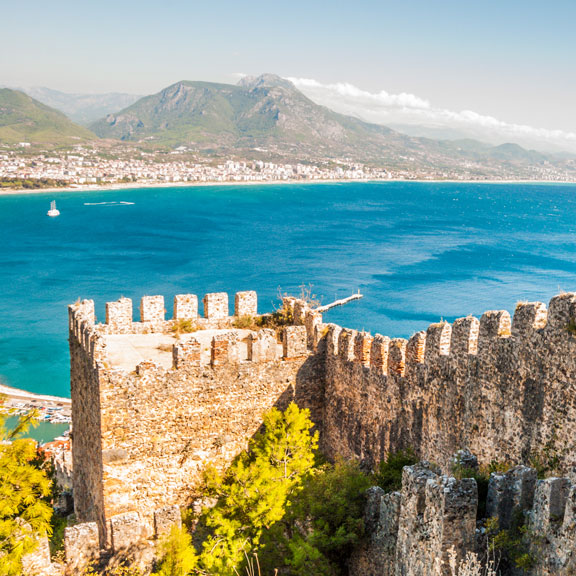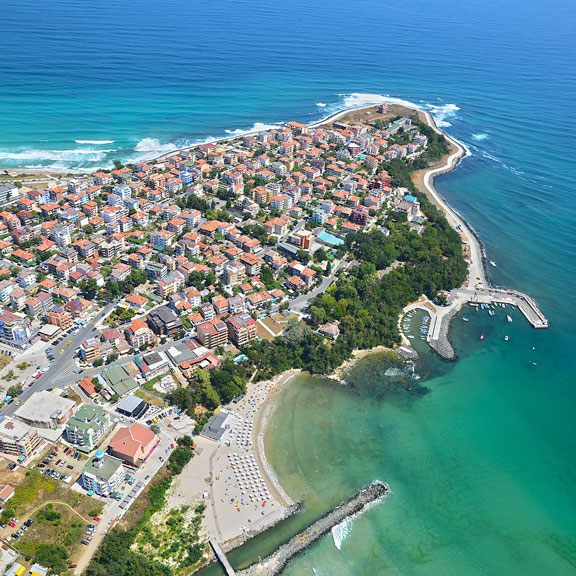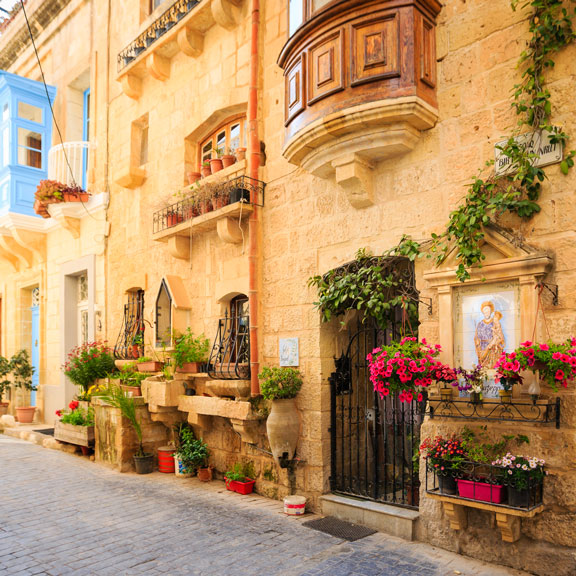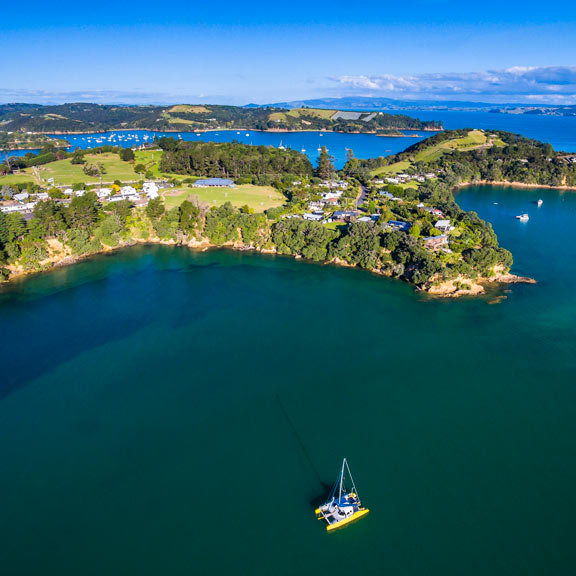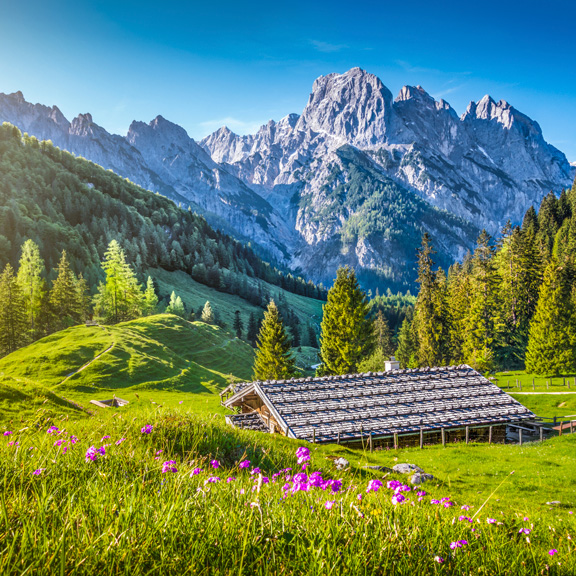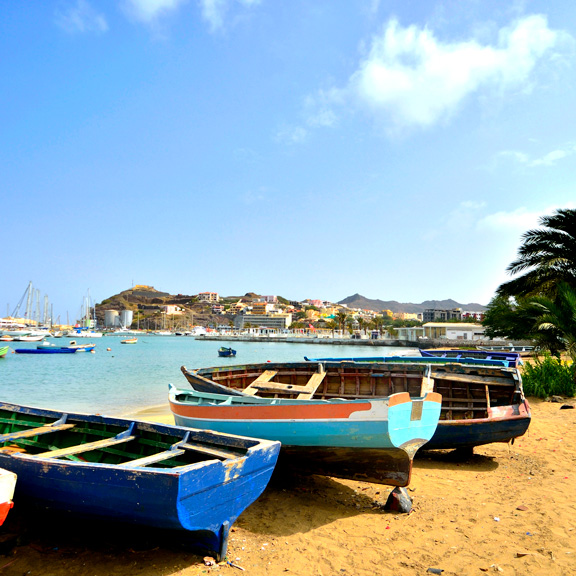-
Find your place in the sun
- Home
-
Property Search
- Property Search
-
Property in Spain
- Property in Spain
- Almeria
- Costa Blanca
- Costa del Sol
- Costa Brava
- Costa de la Luz
- Costa Tropical
- Murcia
- Valencia
- Inland Andalucia
-
Canary Islands
- Canary Islands
- Tenerife
- Fuerteventura
- Lanzarote
- Gran Canaria
- Balearic Islands
- All Areas
- Property in France
-
Property in Portugal
- Property in Portugal
- Algarve
- Albufeira
- Lagos
- Lisbon Coast
- Silver Coast
- All Areas
- Property in Italy
-
Property in Greece
- Property in Greece
- Aegean Islands
- Corfu
- Crete
- Halkidiki
- Ionian Islands
- All Areas
- Property in Florida
- Property in Cyprus
- Property in Turkey
- Search all countries
- New Developments
- Find an agent in...
- Most Popular Properties
-
-
Help & Guides
- Help & Guides
- How to Buy
- Area Guides
- Free Guide Download
- Professional Services
- Currency
- Mortgages
- Insurance
-
Relocation
- Relocation
-
Moving to Spain
- Moving to Spain
- Buying property in Spain
- Living in Spain
- Retiring to Spain
- How to move to Spain
-
Moving to France
- Moving to France
- Buying property in France
- Living in France
- Retiring to France
-
Moving to Portugal
- Moving to Portugal
- Buying property in Portugal
- Living in Portugal
- Retiring to Portugal
-
Moving to Italy
- Moving to Italy
- Buying property in Italy
- Living in Italy
- Retiring to Italy
-
Moving to Cyprus
- Moving to Cyprus
- Buying property in Cyprus
- Living in Cyprus
- Retiring to Cyprus
- Moving to Malta
- Find a Lawyer
- Viewing Trips Guide
- Articles
- Webinars
- New Developments
- Live Events
-
TV Show
- TV Show
- Episodes
- Presenters
- Apply
- Advertise with us
-
- Sign up / sign in
- Currency
- Find an agent
- Advertise with us
How to Buy Property Overseas
Knowledge is key when buying in an unfamiliar country. Each country has its own language, processes and different types of professionals to deal with in the buying process, but there are some things in common to consider.
First up, location. Think about climate, seasonality and how easy is it to get there. Can you fly there all year round?
Research how the conveyancing works in your chosen country. Who does what? How do estate agents operate? How much do they charge and what other taxes and fees are involved. What rules govern foreign ownership? Do you need permission or are their limits on how/what you can purchase?
Find a lawyer. This doesn’t have to be before you start buying but many people do find it useful to have someone in place for when viewing properties raises questions. You want someone who speaks your language, and to understand the questions you need to ask them. Are there local rules on short-term holiday lets?
What happens about building surveys? Many other countries do not have surveys as part of the conveyancing process but that does not mean you don’t have one if buying a second-hand property.
Seek financial advice. How much might you be able to borrow, if needed? Speak to a mortgage advisor before you give your estate agent your budget. What about your tax situation – how will moving to your country impact your financial situation?
Know how you will transfer your funds when you are ready. There is no reason not to use a foreign currency broker to save you money. Have the chat before you start shopping. Contact A Place in the Sun Currency
Read buying guides to get some ideas/info. View our Buying Guides here.




